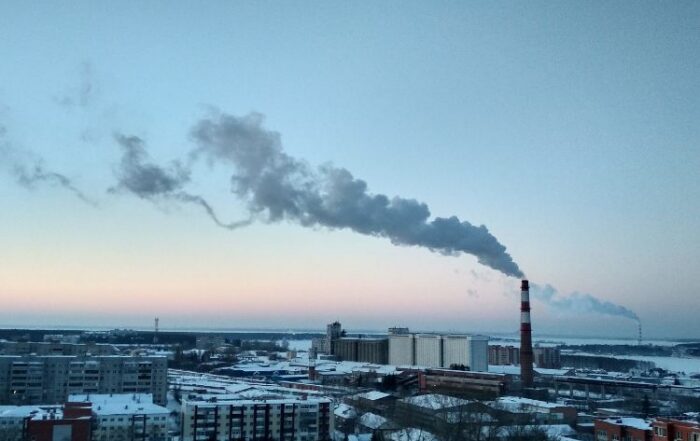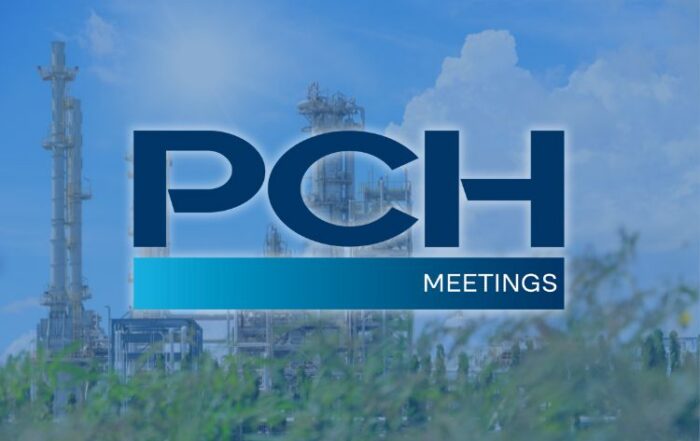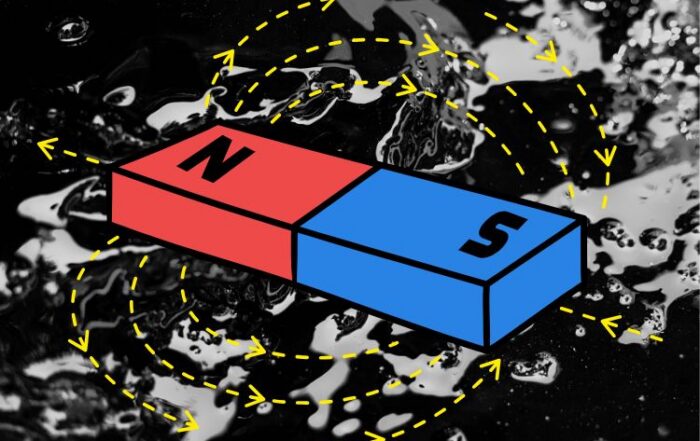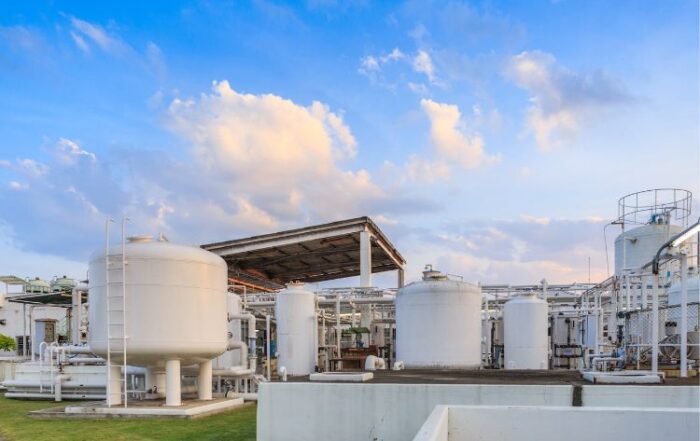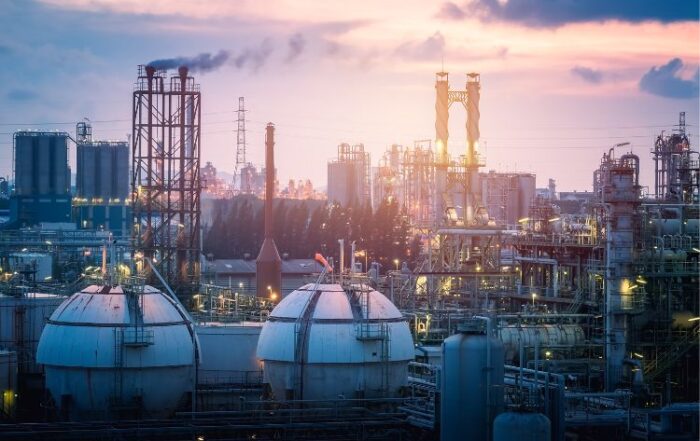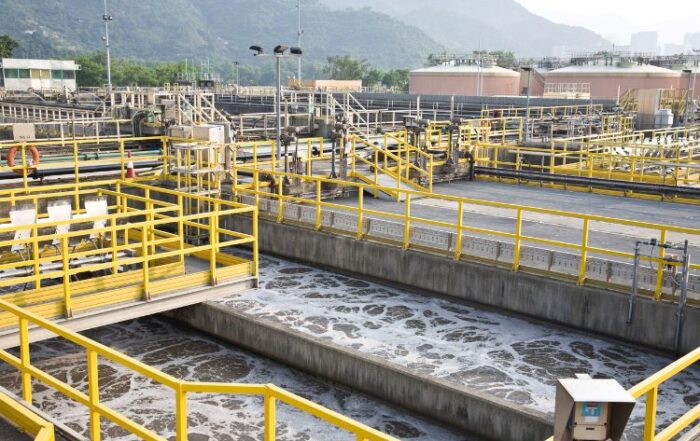
Recirculation Plastic Pumps
To this purpose parts are treated in baths/tanks of different nature, which usually contain highly corrosive liquids.
TECNIUM manufactures very sturdy centrifugal plastic pumps with all parts in contact with fluid made out of plastics fully compatible with these fluids.
The range of flow rates available ranging from small pumps for punctual transfers (1 m3/h) to high flow process pumps (1.200 m3/h) .
Depending on the type of treatment applied to metals (pickling, galvanizing, anodizing, chrome, …) , different types of fluids such as hydrochloric acid, sulfuric acid , caustic soda , chromic acid, etc are used.
A typical application in this sector is the liquid recirculation within treatment baths. The purpose is to maintain a constant temperature in the baths and, in some cases , to eliminate solid particles generated in the pickling process .
Once the flow rates , pressures and temperatures are defined, our Technical Department selects the most suitable material for the application. We have extensive experience in the manufacture of plastic pumps in PP , PVDF, HDPE (RCH1000) , PVC and Halar .
Horizontal plastic pumps:
We manufacture complete pumps horizontal arrangement , according to EN- 22858 / ISO 2858, with single or double mechanical seals, complete with baseplate, elastic coupling and motor. Our manufacturing system allows us to configure the pumps to customer demand, that is, we can assemble mechanical seals, couplings and motors according to costumers and/or engineerings requirements.
Vertical Plastic Pumps with no mechanical seal:
TECNIUM has developed a type of external mounted pump, whose main advantage is the absence of mechanical seal. This distinguishing feature allows a pump of high reliability with low maintenance and no stops due to dry-running operation and/or management of solids which damage the mechanical seals .
More information
Give us your contact details and we will advise you on the best solution for your application.
View also
How Gas Scrubbing Technologies Will Drive Decarbonisation in the Chemical Sector
Decarbonisation as the Urgent Challenge for the Chemical Industry The chemical industry is entering one of the most transformative decades in its history. As regulatory pressure intensifies and global climate targets advance, [...]
Tecnium to attend PCH Meetings 2025 in Lyon
Leading Innovation in Chemical Process Equipment Tecnium will participate in the 21st edition of PCH Meetings, the leading international business convention for process, chemical, petrochemical, and pharmaceutical industries, to be held on [...]
Magnetic Drive Pumps: The Science Behind Leak-Free Chemical Transfer
Why Magnetic Drive Technology Matters In industrial environments where safety, reliability, and chemical containment are critical, even a small leak can have major consequences. Traditional centrifugal pumps, which rely on mechanical seals [...]
Biofiltration for Air Pollution Control
Introduction to Biofiltration and Air Pollution Control Air pollution control is a persistent challenge across multiple industries — from wastewater treatment to chemical manufacturing, food processing, and beyond. As regulations grow stricter [...]
ECHA 2025 Report
Why the ECHA 2025 Report Matters The European Chemicals Agency (ECHA) plays a central role in regulating the safe use of chemicals across the European Union. Through its guidance, risk assessments, and [...]
A Key Element for Environmental Protection in WWTPs
Why Gas and Odour Emissions in WWTPs Are an Environmental Issue Wastewater treatment plants (WWTPs) play a critical role in safeguarding public health and the environment. However, the treatment process itself can [...]

